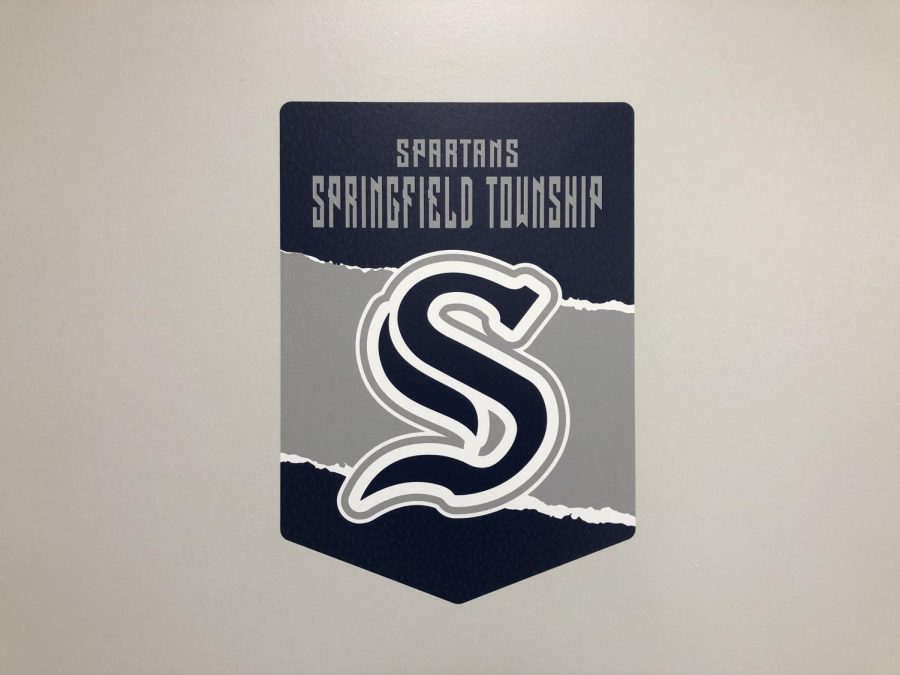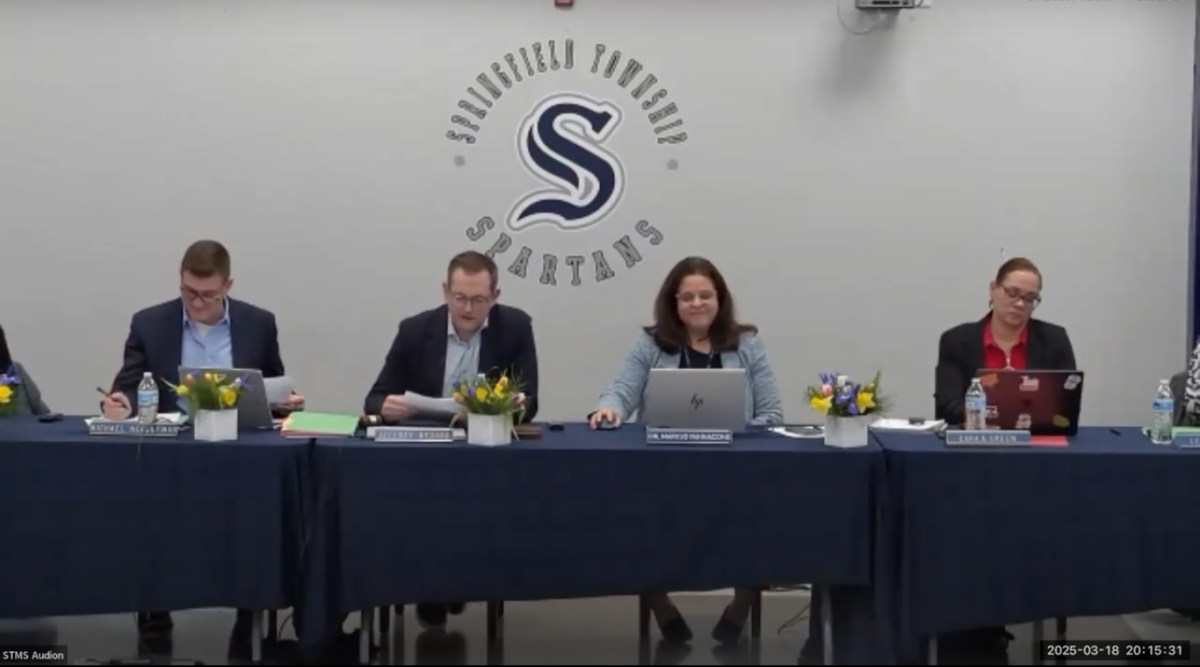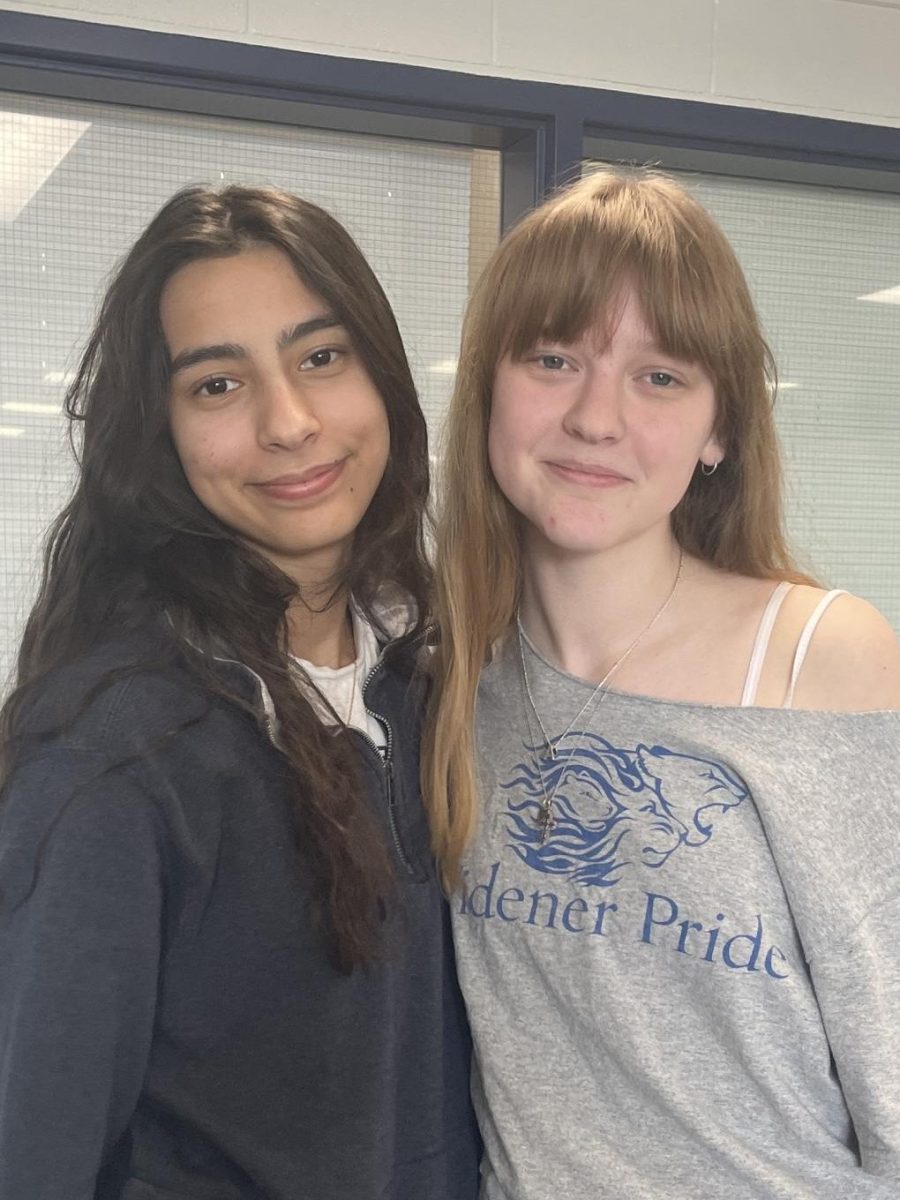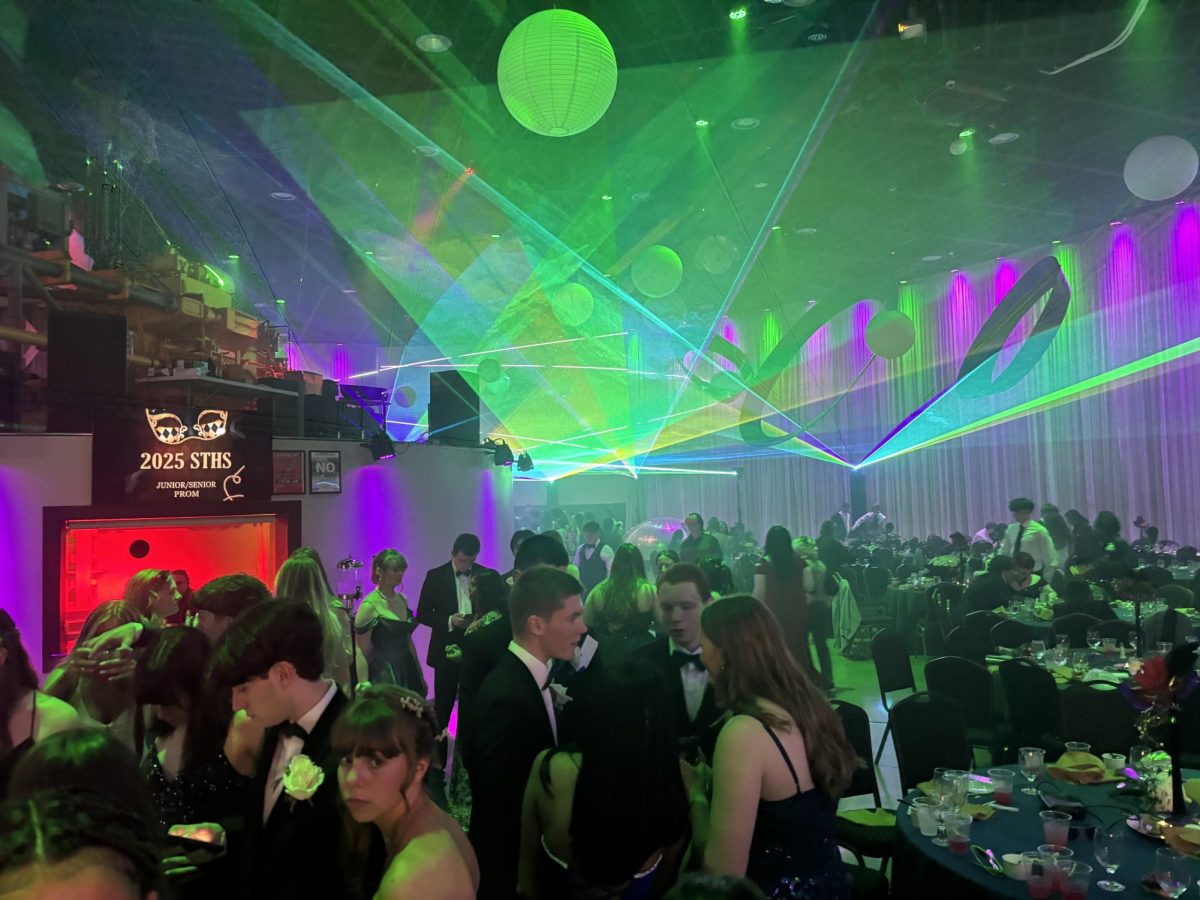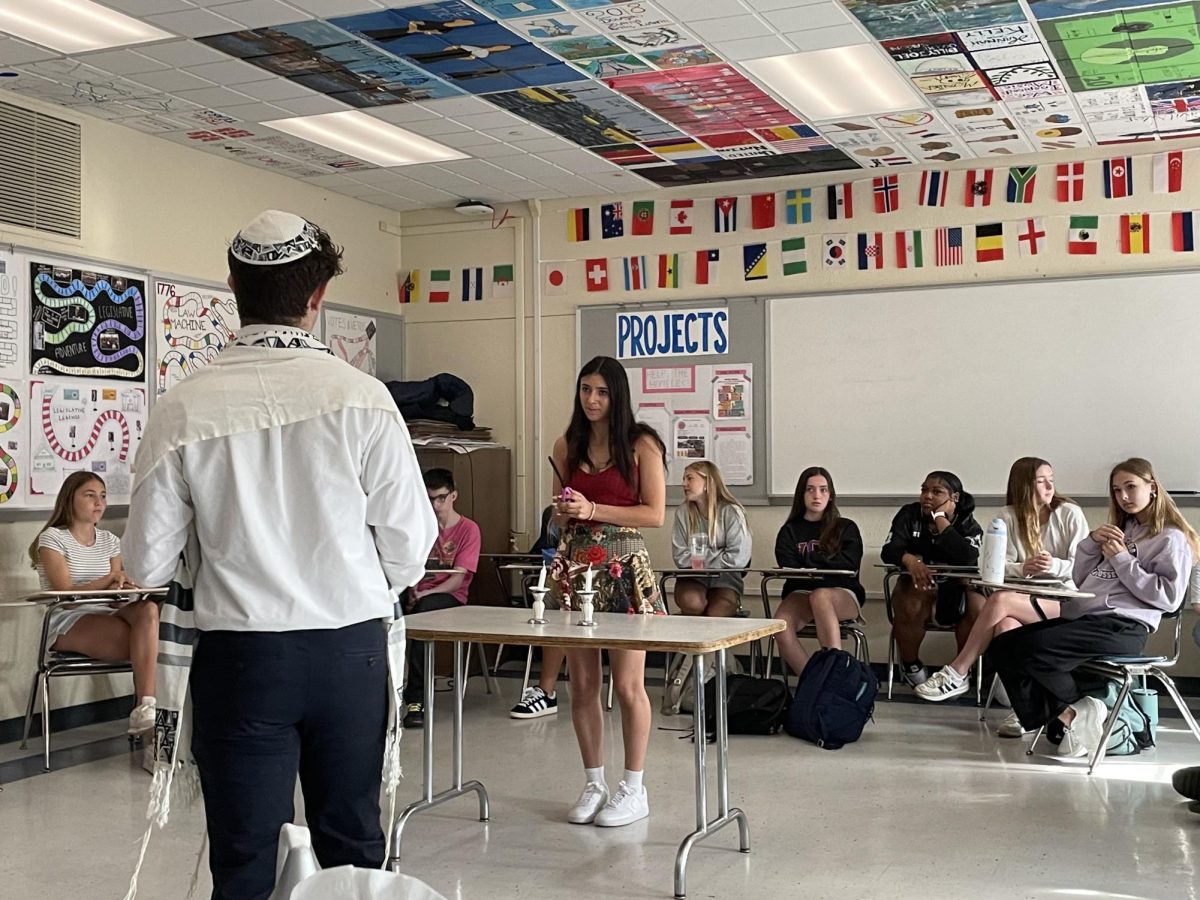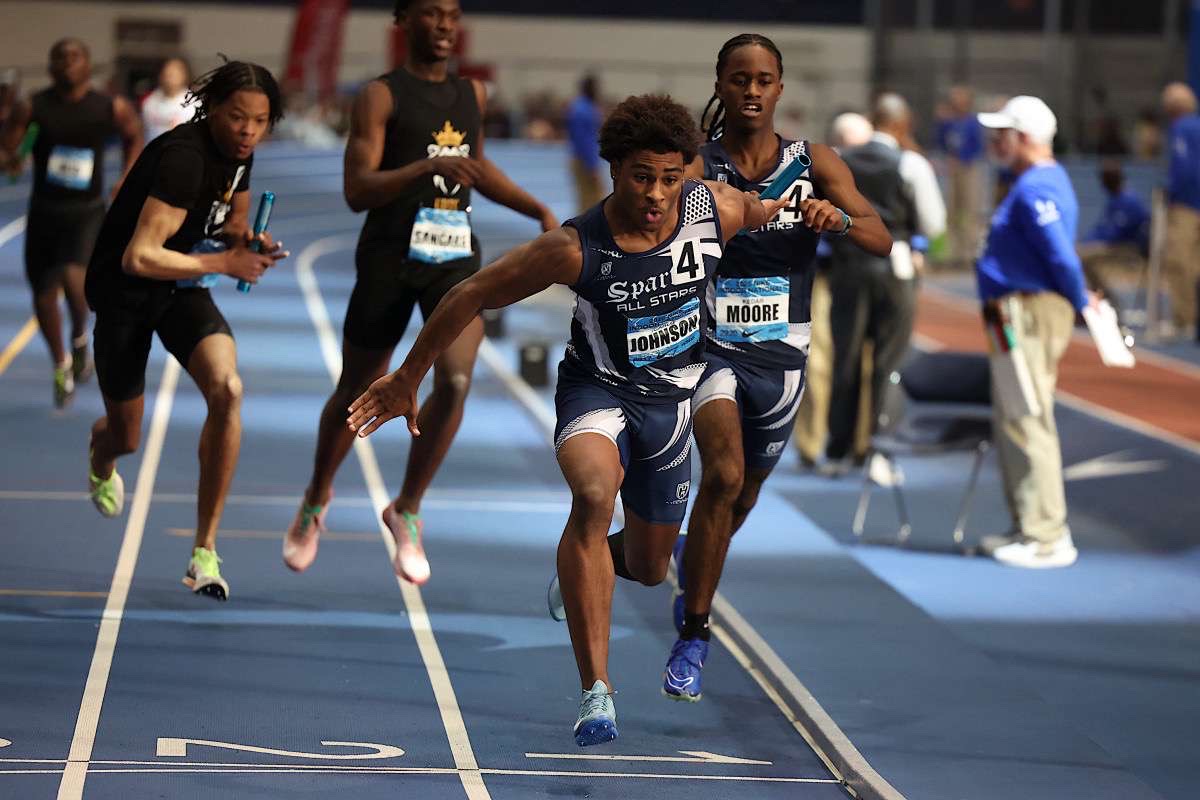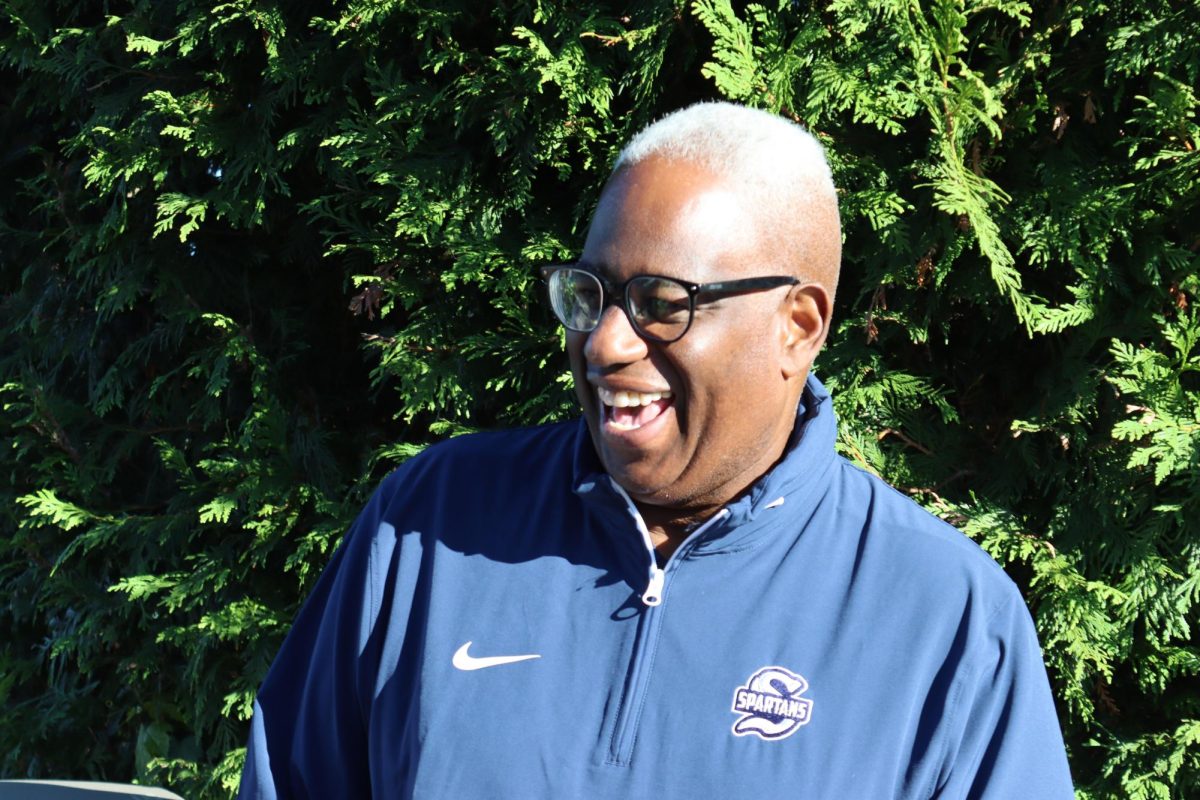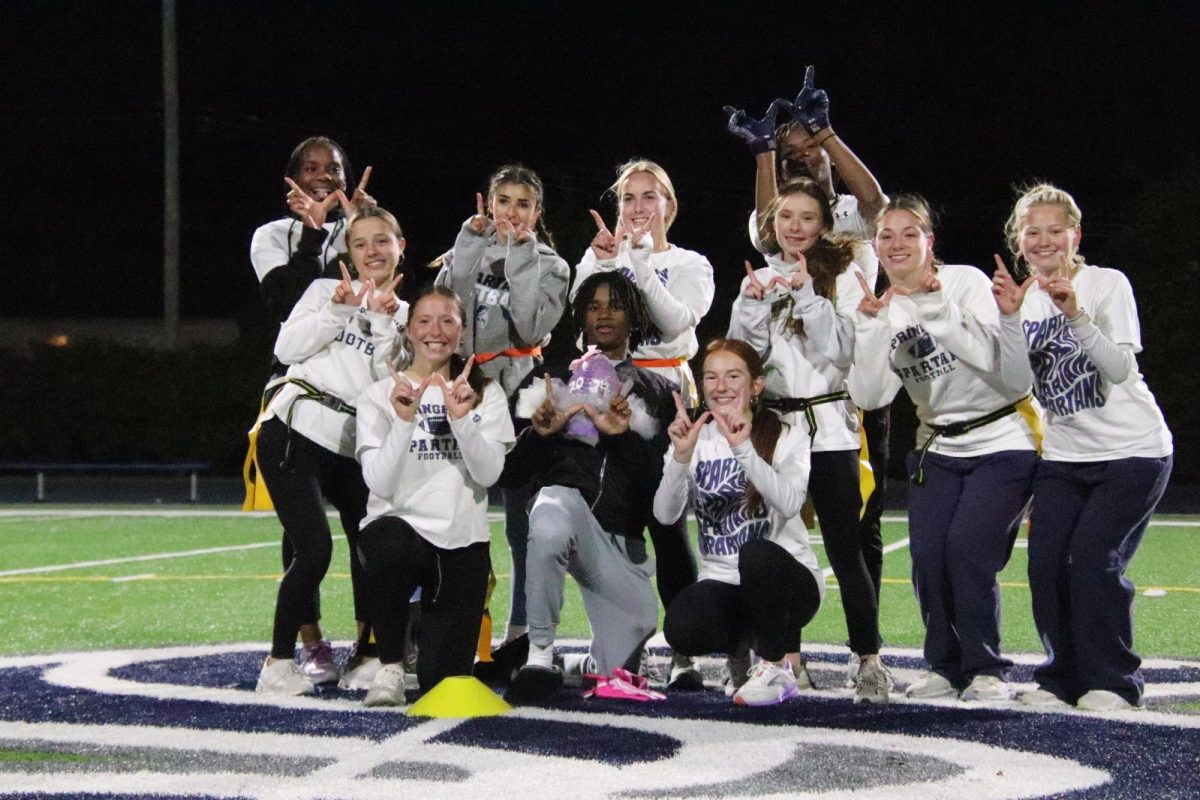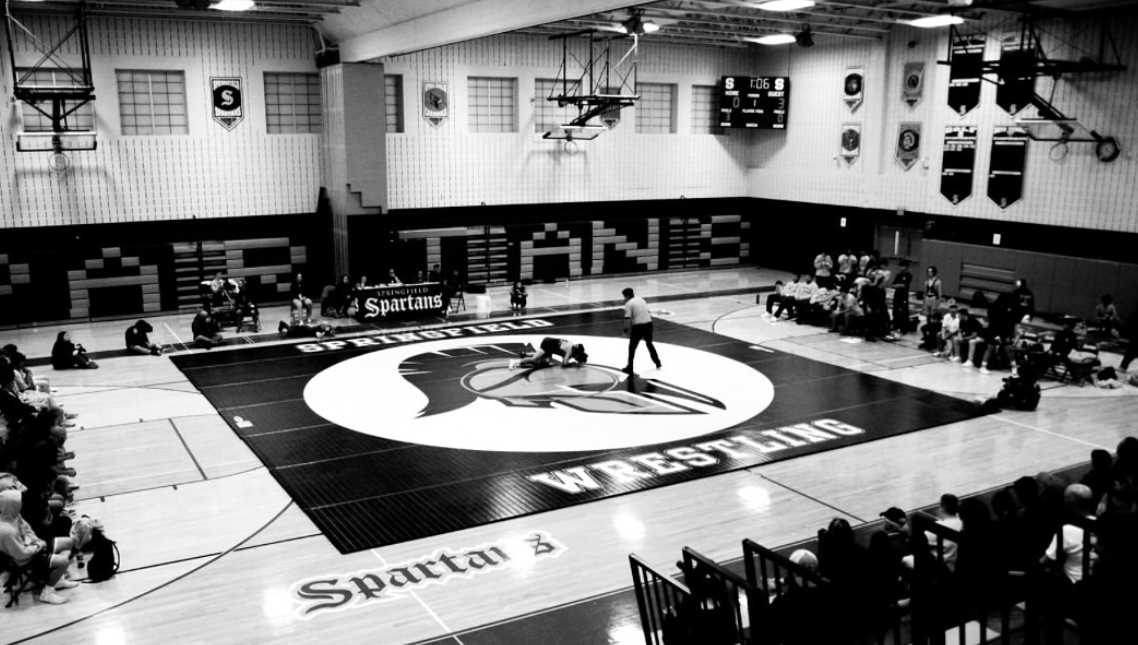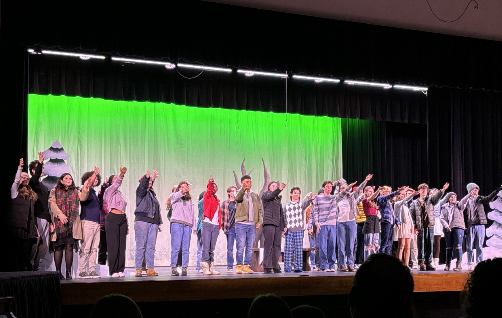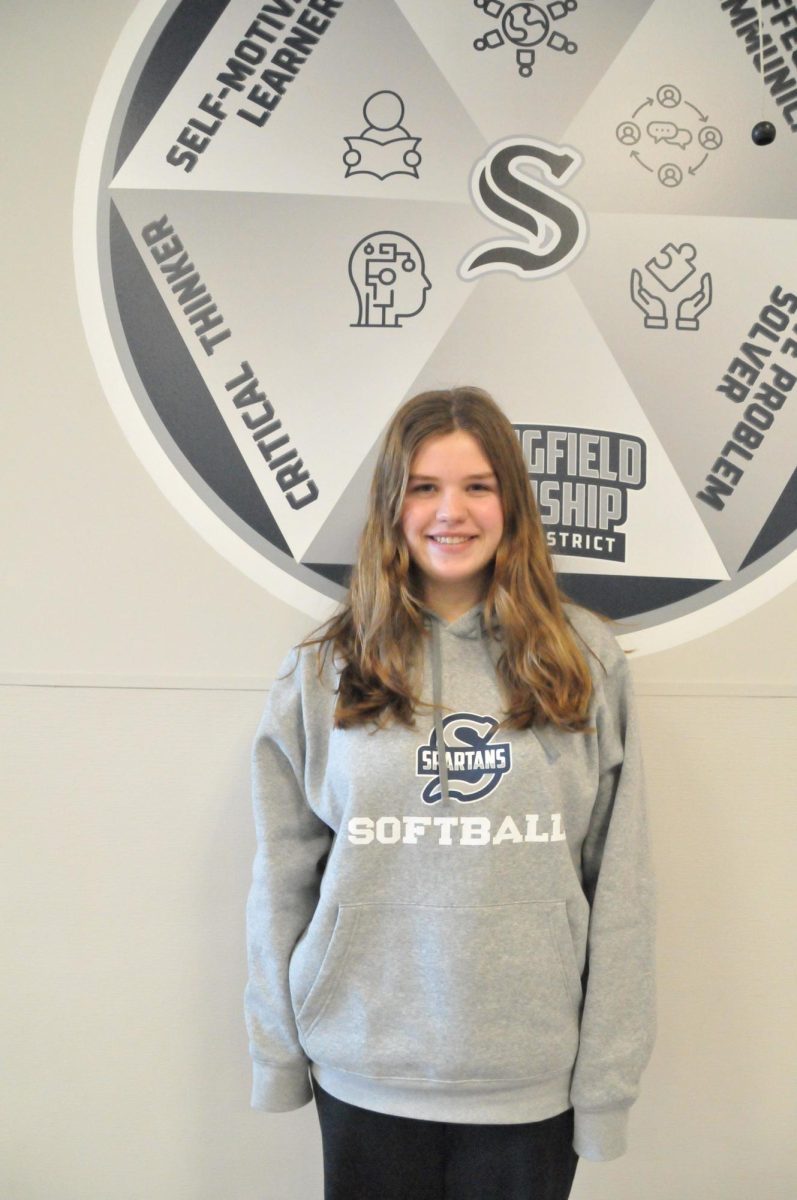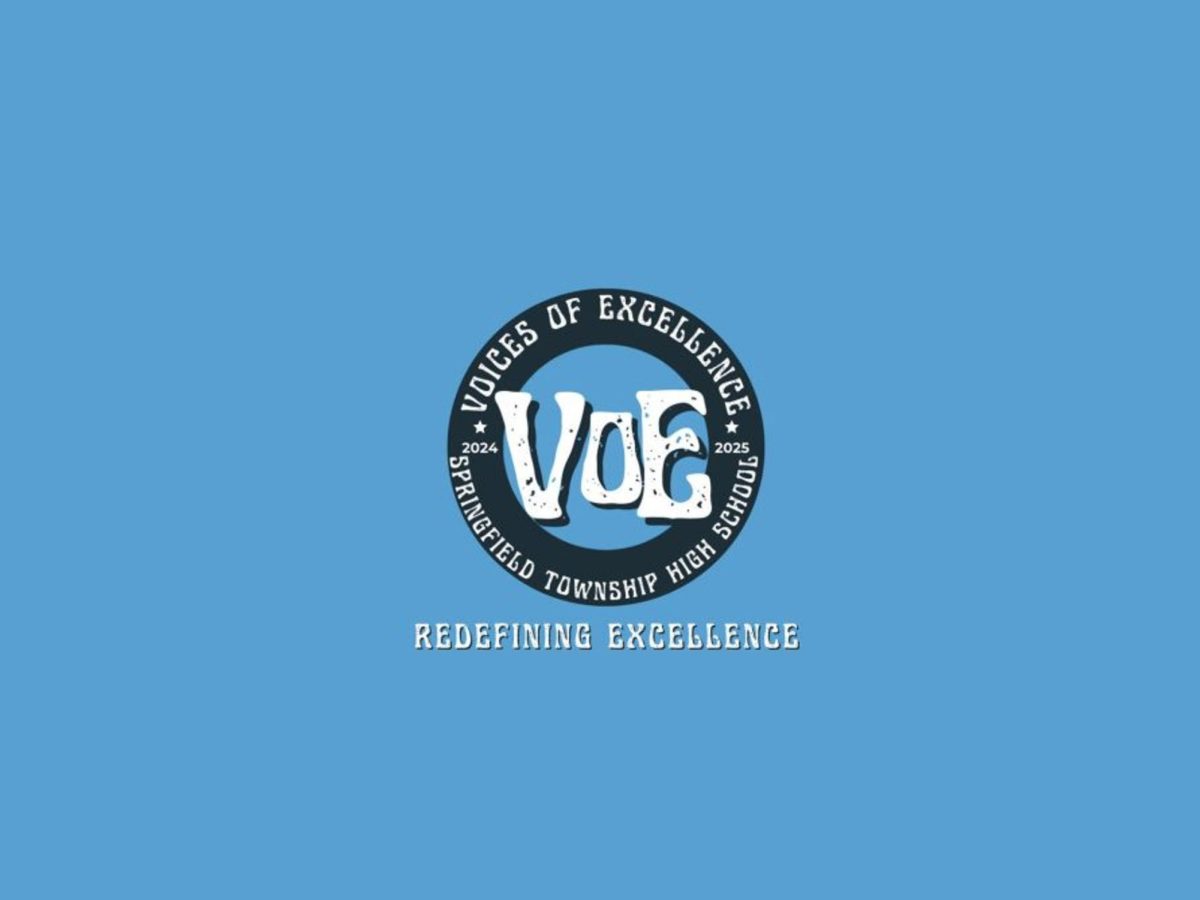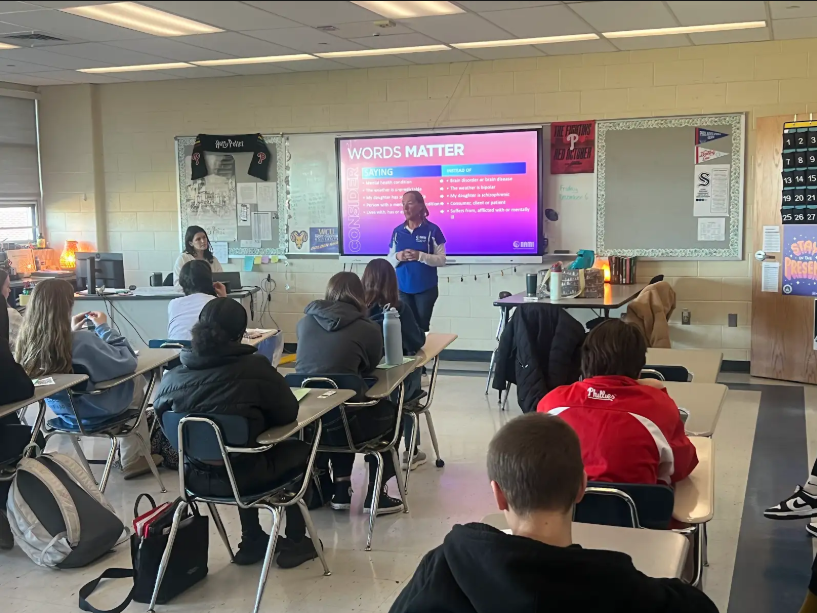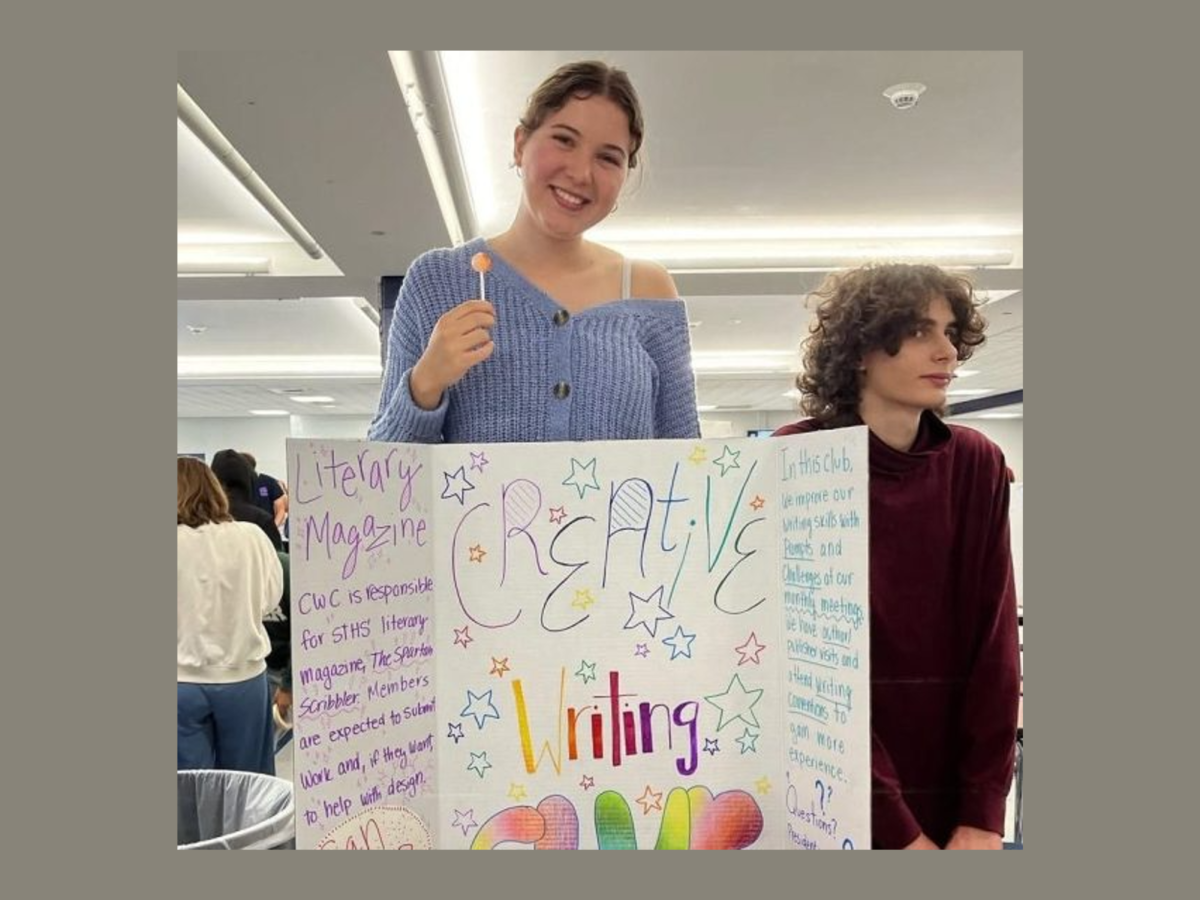When approaching Springfield student productions, many audience members simply sit down, watch the play, support their loved ones, and leave. However, most aren’t aware of the time and effort students devote to countless productions. Late nights at rehearsals, working with scene partners, memorizing lines, and stage crew contributions only scratch the surface.
What goes on behind the scenes?
In light of this, we asked actors and crew what goes on behind the scenes.
Almost Maine—this year’s production—was a romance comprised of vignettes and short stories, which took place concurrently. According to many actors, the rehearsal process was almost entirely centered around this and was only within small groups until slightly over a week before the show.
Junior, Sean Powell describes what these rehearsals looked like for actors: “We’ve spent… three weeks prior to having everyone together going over our blocking… having to memorize our lines, and getting everything set.” He says that after merging the small groups, rehearsals focused on trying to “see how everything fits, adding music, [and] adding all the minute details.” On a more specific level, he explains that costumes, mic checks, individual scene rehearsals, and notes from the directors were also large parts of the day-to-day procedure.
Kennedy Sowell, a sophomore, additionally states that breathing and vocal exercises were a large part of the rehearsal and warm-up process. She says that Lunch and Learn time also vitally contributed to line memorization.
Considering the unique plot, structure, and romantic theme, the cast had to take extra steps to prepare for opening night. Griffin Bianchi explains that, because most of the rehearsal was just two people, “it’s a lot of… working with the other person so you work well and have chemistry together.”
While senior Holly Wiener agrees, she discusses the more individual approach to preparation. She explains that because her character tends to scream, extra steps were taken: “Our director, she wanted to make sure, because it’s kind of an emotionally intense scene, that we really tried to separate ourselves from the characters before getting into rehearsal and ending rehearsal.” This contributes to her feeling that rehearsals “take a lot of… emotional execution, more than people may expect.” It is this kind of commitment that especially highlights the overlooked behind-the-scenes process.
How was Almost Maine different from past productions?
In light of these obstacles and routines, the cast discussed how this play differed from productions they have put on in the past.
Powell contrasts the time commitment of Almost Maine with previous productions: “I’m so used to being at rehearsal every single day for however long, but this time it was a little stranger… I’m only there once a week… So I’ve had more time to do other things. But in the end, I think it actually helped because it kind of nailed down what we have to do.”
Sophomore Evelyn Johnson additionally speaks to the unique timeframe of the play. She says, “It all happens at the same time, which is pretty cool because the other plays have been… within a span of a day or so, or an hour, but this one is ten minutes.” The fact that they pulled this off alone makes the preparation worth it.
Many argue that the contributions of the Stage Crew are the most overlooked part of productions. One of the stage managers, Carlos Rivera, details what he and the crew do to help the show run smoothly. Among countless other things, Rivera says preparing props and setting up the stage is a nearly universal task for crew members. He also explains the method behind the madness: “Communication… We’re separated on two different sides, so one team has to know what the other team’s doing, so it’s all about connections.”
Rivera also describes he “Lead [his] group… If they [the crew] don’t know what they’re doing… everything falls into disarray, and it’s like the world’s gonna end.” He and others put in work to ensure everyone does their part.
Individually, the soundboard, mics, lighting, spotlights, runners, costumes, and prompters each contribute something unique to the show and are vital to its execution.
Almost Maine was a success on many levels, thanks to countless hours of work, preparation, and adaptation.
The cast and crew thank you for attending the show and leave you with a final message—see the next one!


